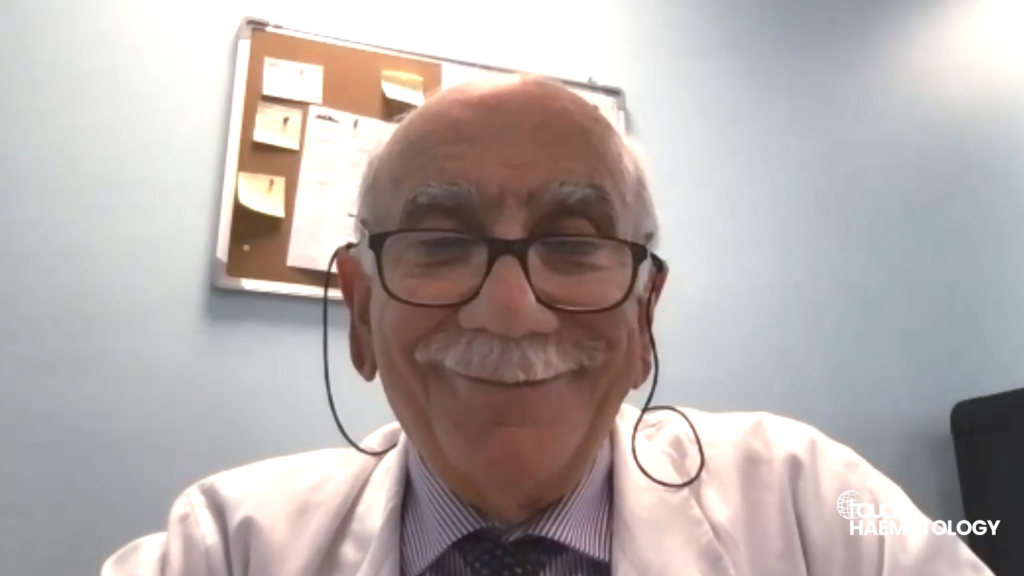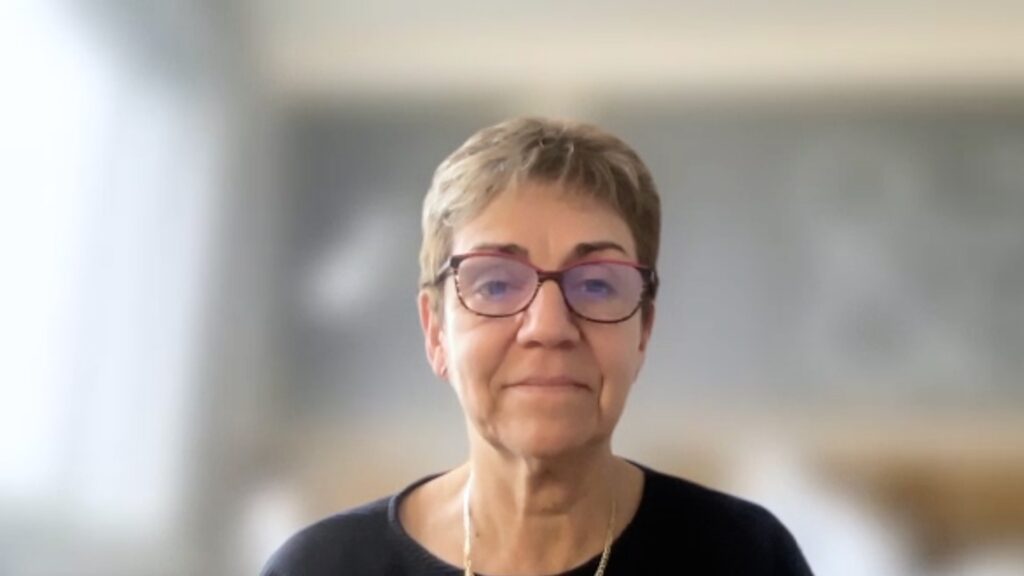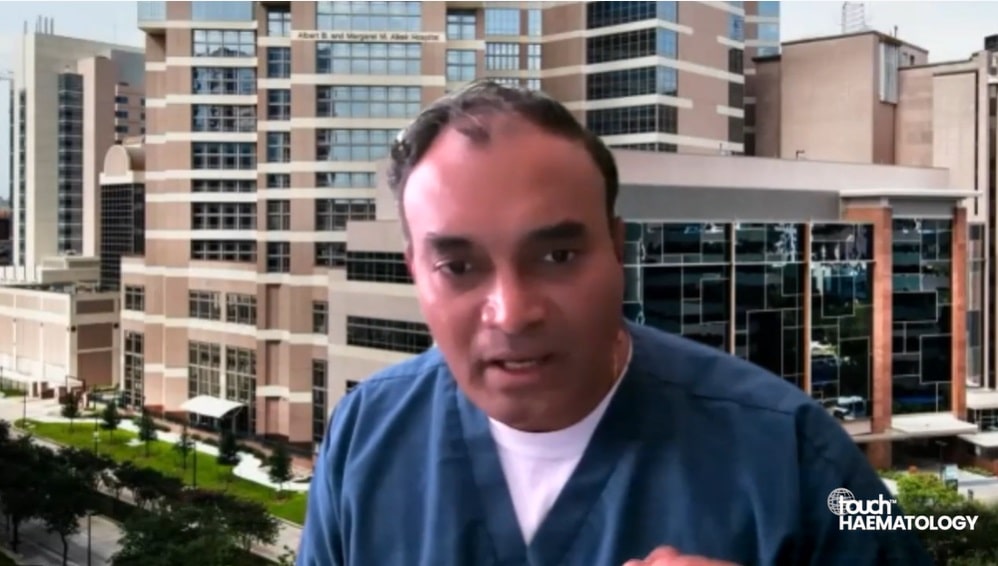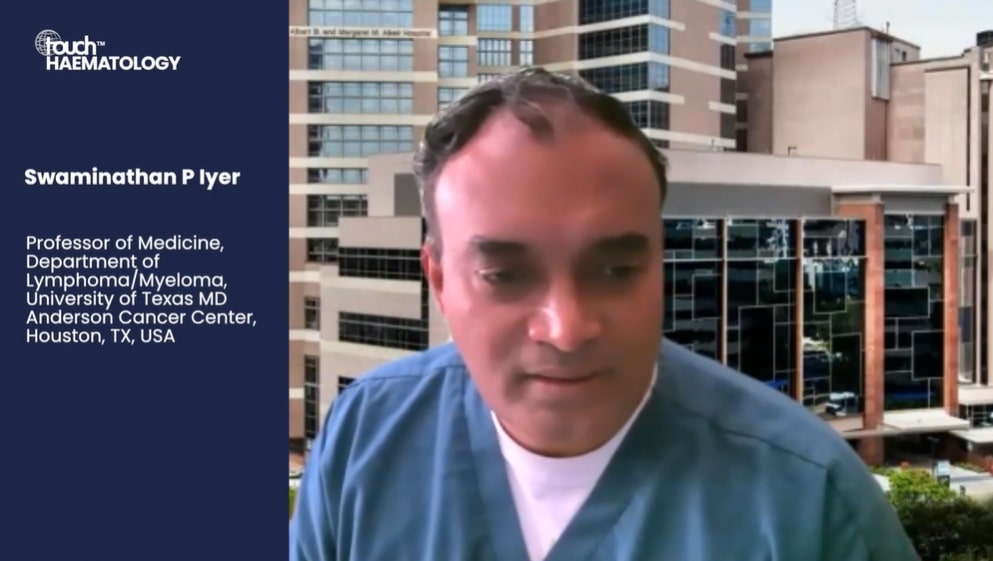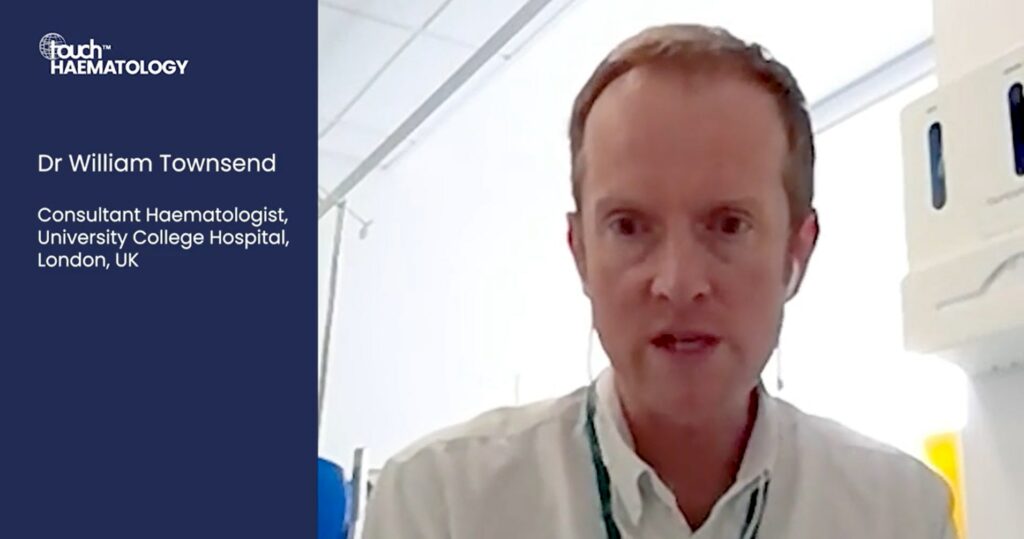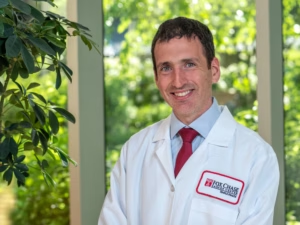
“Frustrations in clinical care often become the foundation for new research questions”
Dr Zachary Frosch is Assistant Professor at Fox Chase Cancer Center in Philadelphia, PA, USA. In this interview, he discusses how patient preferences inform his clinical decision-making, particularly when more than one treatment option is appropriate. He outlines his approach to helping patients understand their choices, and how he distinguishes between straightforward decisions and those shaped by individual priorities. He also talks about how challenges in cancer care delivery often inform his research, and reflects on the influence of mentors in shaping his approach to both medicine and communication.
Q1. What role do patients play in shaping the way you approach treatments and make clinical decisions?
It is important to me to understand my patients’ priorities, so this can help in our approach to decision making. There are always trade offs in cancer care – and some decisions are easier and more clear-cut than others. For example, I see quite a few patients with chronic lymphocytic leukemia. Depending on the individual situation, we may have a few treatment options to consider. Two general strategies we may think about as possible first treatments can both be very effective, but differ in how they are delivered. One strategy involves starting an oral therapy which is planned to last indefinitely. Another is time-limited therapy but involves more frequent visits up front to initiate it. When both are options, some of my patients strongly lean towards one, some to the other, and some have no strong preferences and choose to defer the decision to me. I try to take an educational approach with patients – helping them interpret the situation and our options in the easiest to understand way. This often helps bring out what their priorities are and pushes us towards a decision. I also try to contrast decisions that I feel to be clear-cut – where I think there is a clearly superior decision that should be made – with those decisions that may have more grey area and where preference takes more of a role.
Q2. How has working with patients shaped your approach to medicine?
In addition to caring for patients, my work also involves research on cancer care delivery. For me, frustrations in terms of how we care for patients in a multi-level system often turn to wondering how we can do it better. These may end up serving as focal points for my research. One of the things that I value most about being a clinician-investigator is how the clinical and research spheres interact with each other and can feed ideas back and forth.
Q3. Can you tell us about a mentor who has had a significant impact on your career, and the most valuable lesson they have shared with you?
I’ve been lucky to have quite a few outstanding and committed mentors. Collectively, they have shaped how I approach both patient care and research. Thinking back to early in my training, I had a mentor who I first worked with clinically and then later in the research setting. During our clinical time, he set an example of how to provide excellent patient care; only later did I learn that he was also an outstanding researcher. So the first lesson that I learned from him by example was that it is possible to aim for this combination. Second, when I worked with him on the research side, he frequently reminded me of the importance of clear communication in your work. Both research ideas and clinical medicine can be complex. When speaking with patients, breaking down concepts clearly and highlighting the most important points is critical. Similarly, with scientific writing communicating potentially complex and interconnecting ideas in a clear and concise fashion for busy readers is an essential skill. This is true no matter whether the format is manuscripts, grants or something else and is something I still remind myself of.
About Zachary Frosch
Zachary Frosch, MD, MSHP is Assistant Professor at Fox Chase Cancer Center in Philadelphia, PA. He is a clinician-investigator who cares for patients with lymphoma and conducts health services research in cancer care delivery. He is a member of the NCCN Clinical Guidelines Panels for Hodgkin Lymphoma and T-Cell/Primary cutaneous lymphomas. He serves as Principal Investigator/Co-Principal Investigator on cancer care delivery trials funded through peer-reviewed grants, as well as serving as local Principal Investigator for trials through the ECOG-ACRIN cooperative research group. Over the past several years, he has received awards recognizing both his clinical care and his research.
Disclosure: Zachary Frosch has no financial or non-financial conflicts of interest to declare in relation to this article.
Cite: Dr Zachary Frosch on balancing science and sensitivity: touchHAEMATOLOGY Future Leader 2025. touchHAEMATOLOGY. May 14th, 2025
SIGN UP to touchHAEMATOLOGY!
Join our global community today for access to thousands of peer-reviewed articles, expert insights, and learn-on-the-go education across 150+ specialties, plus concise email updates and newsletters so you never miss out.


